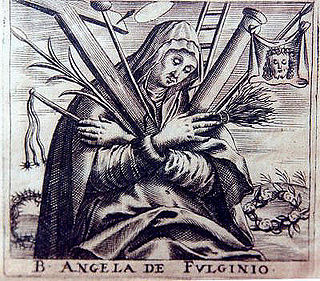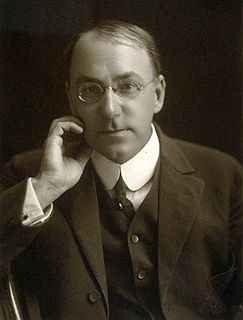A Quote by Marquis de Sade
There is no God, Nature sufficeth unto herself; in no wise hath she need of an author.
Related Quotes
... God cometh sometimes unto the soul when it hath neither called, nor prayed unto, nor summoned Him. And He doth instil into the soul a fire and a love and a sweetness not customary, wherein it doth greatly delight and rejoice ... Thus doth the soul feel that God is mingled with it and hath made companionship with it.
A king is a mortal god on earth, unto whom the living God hath lent his own name as a great honour; but withal told him, he should die like a man, lest he should be proud, and flatter himself that God hath with his name imparted unto him his nature also. JOHN LOCKE, "Of a King", The Conduct of the Understanding: Essays, Moral, Economical, and Political A king may be a tool, a thing of straw; but if he serves to frighten our enemies, and secure our property, it is well enough: a scarecrow is a thing of straw, but it protects the corn.
Divinity reveals herself in all things. Everything has Divinity latent within itself. For she enfolds and imparts herself even unto the smallest beings, and from the smallest beings, according to their capacity. Without her presence nothing would have being, because she is the essence of the existence of the first unto the last being.
...the act of eating,which hath by several wise men been considered as extremely mean and derogatory from the philosophic dignity, must be in some measure performed by the greatest prince, hero, or philosopher upon earth; nay, sometimes Nature hath been so frolicsome as to exact of these dignified characters a much more exorbitant share of this office than she hath obliged those of the lowest orders to perform.
God hath given to mankind a common library, His creatures; to every man a proper book, himself being an abridgment of all others. If thou read with understanding, it will make thee a great master of philosophy, and a true servant of the divine Author: if thou but barely read, it will make thee thine own wise man and the Author's fool.
Propose not to a woman when she hath gotten a new frock, nor when she is puffed up with victories; when she reigneth and rejoiceth in her hour of triumph, come not nigh unto her; but when she be ill or weary, when she is cast down in spirit and needeth a comforter, then be thou ready, and make thy suit.
'Go to My brethren, and say unto them, I ascend unto My Father, and your Father, and to My God, and your God' (Jn. 20:!7). He is our Father by grace through the Spirit of adoption (Rom. 8:15), but His Father by nature on account of His divinity. Similarly, He is our God as the creator of our human nature, but His God by reason of the dispensation whereby He became man. He made these distinctions so that we might understand the difference.
For the religious, passivism [i.e., objects are obedient to the laws of nature] provides a clear role of God as the author of the laws of nature. If the laws of nature are God's commands for an essentially passive world ..., God also has the power to suspend the laws of nature, and so perform miracles.
She emptied herself of Fabio and of herself, of all the useless efforts she had made to get where she was and find nothing there. With detached curiosity she observed the rebirth of her weaknesses, her obsessions. This time she would let them decide, since she hadn't been able to do anything anyway. Against certain parts of yourself you remain powerless, she said to herself, as she regressed pleasurably to the time when she was a girl.






































